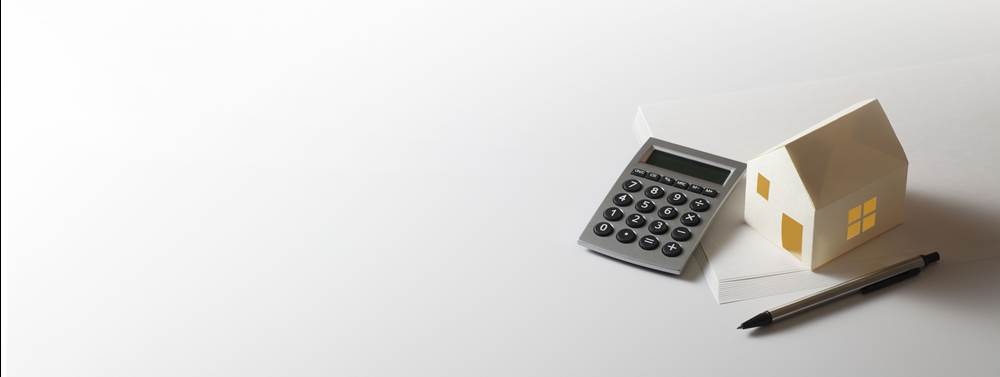
What you should consider when choosing a mortgage
Jim Guyan of Raeburn Christie Clark & Wallace explains some of the options available and what steps you should take when looking for a mortgage.
There are several stages to buying a house, which have already been covered in a series of house-buying blogs.
When looking for the right mortgage, it’s important not just to look for the lowest interest rate available, but also to consider all aspects for your new mortgage. Assessing the overall cost of the mortgage is crucial and this means looking beyond the available headline rate. Highlighted below are some other important factors to consider:
Deposit size
How much do you have for your deposit? The larger the deposit that you have available the lower the interest rate you are likely to be able to secure.
Lenders’ affordability criteria have become increasingly strict; a careful assessment of your ability to repay the mortgage will be carried out. They will take into account how much you owe on Personal Loans, Credit Cards, HP arrangements and other types of credit.
Rate Types
A fixed rate mortgage will secure the rate of interest applied to your mortgage, and monthly repayment, over the duration of the fixed term, usually 2, 3 or 5 years. Any change in the Bank of England Base rate will not affect your monthly repayment.
A variable rate mortgage can be discounted, tracker, offset or plain variable. These variable rates will move in line with changes to the Bank of England Base rate. If the rate rises your monthly repayment will also rise.
If you opt for a mortgage deal for a period of time (fixed or variable) and later decide you no longer wish to have the mortgage deal or wish to repay some of the capital early then, potentially, Early Repayment Charges may apply.
If you think that you may move in the next few years, make sure that your mortgage is portable. This means that, subject to your lender’s rules and approval, you can keep your mortgage with them should you move during any tie in period and avoid Early Repayment Charges.
Arrangement Fee
Mortgages can come with or without arrangement fees. Arrangement fees can have a big impact on the overall cost of the mortgage. A simple calculation is required to see what would suit you best.
Overpayments
Does your new mortgage allow you to make overpayments? Most deals available in the market place today will allow you to overpay up to a maximum of 10% of the outstanding mortgage loan amount. However, should you go over the allowed overpayment amount, the Early Repayment Charges will apply.
Term of Mortgage
The overall term of the mortgage is an important consideration - the shorter the term the less that you will pay back in interest on the mortgage loan amount borrowed. The monthly payments, however, will be higher.
Obtain Expert Advice
An Independent Mortgage Adviser will have access to the mortgage market and deals that are not available elsewhere. They will be able to offer relevant advice on what type of mortgage and the most appropriate for you.
Your home may be repossessed if you do not keep up repayments on your mortgage.

